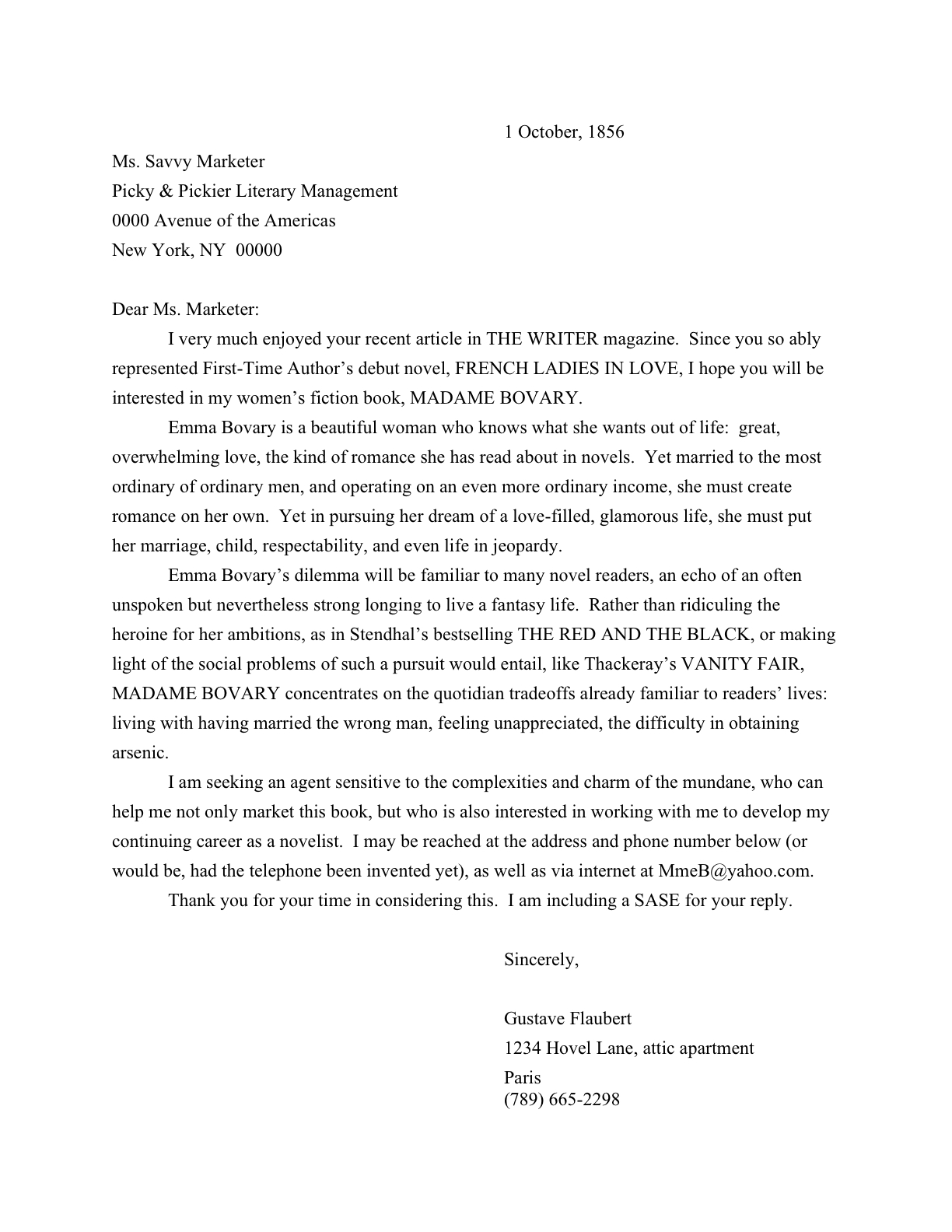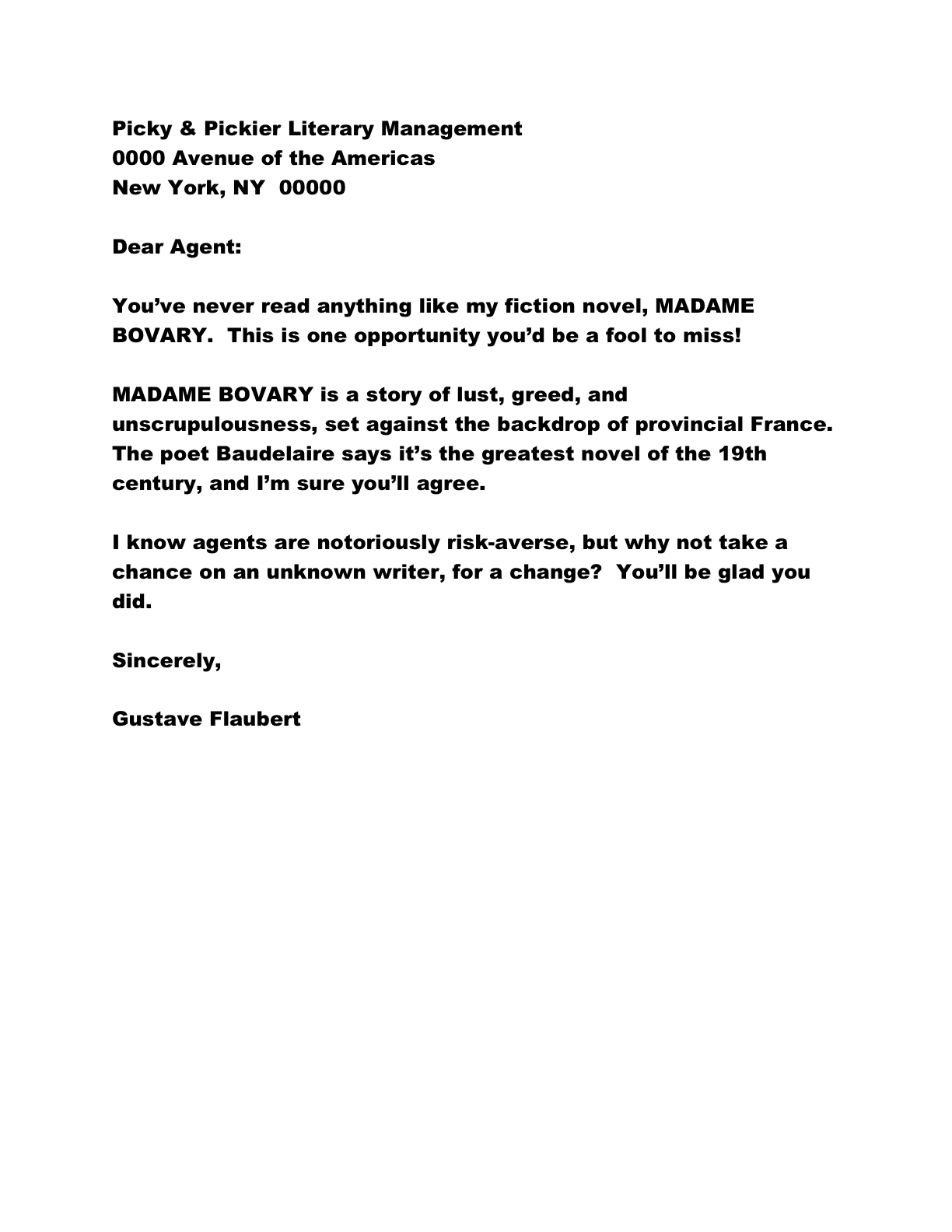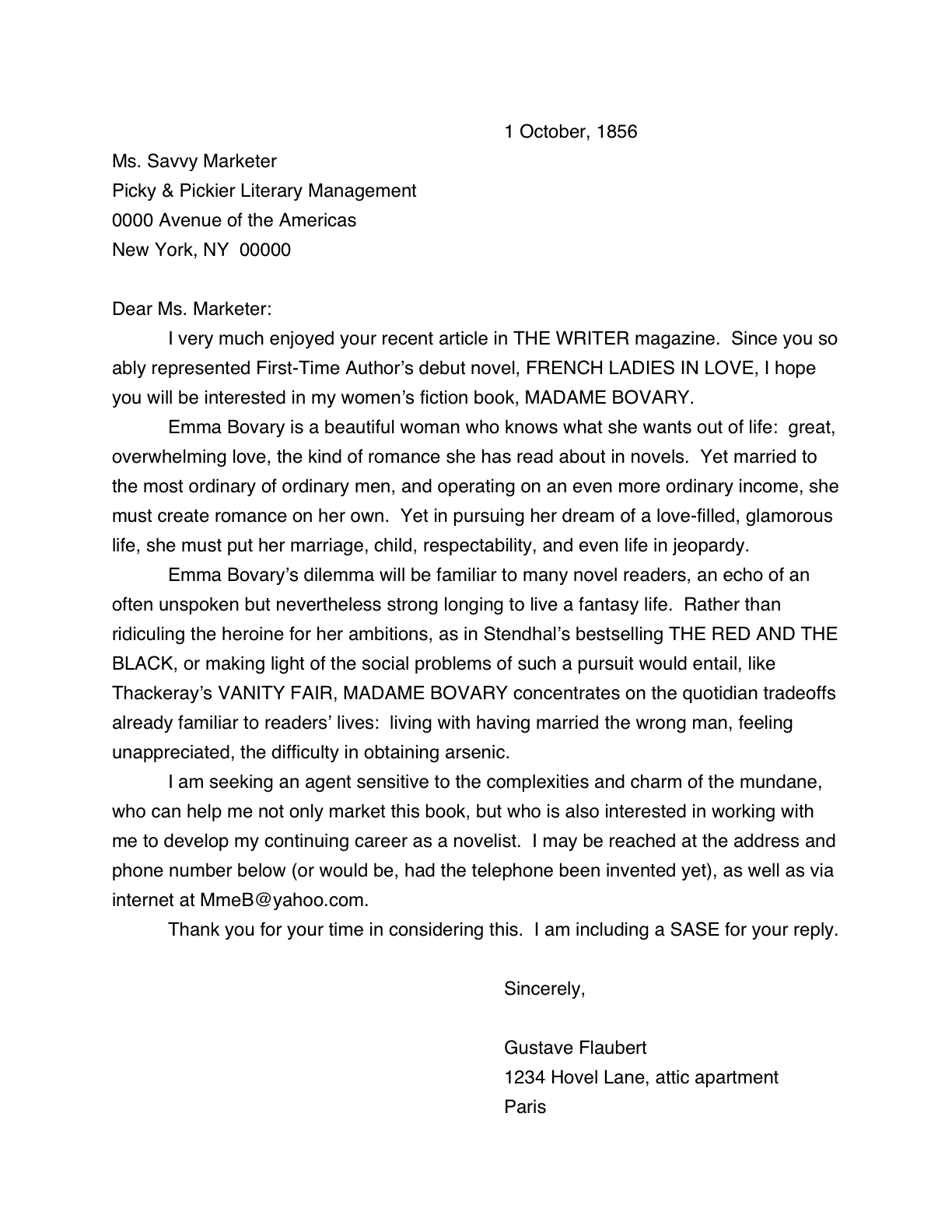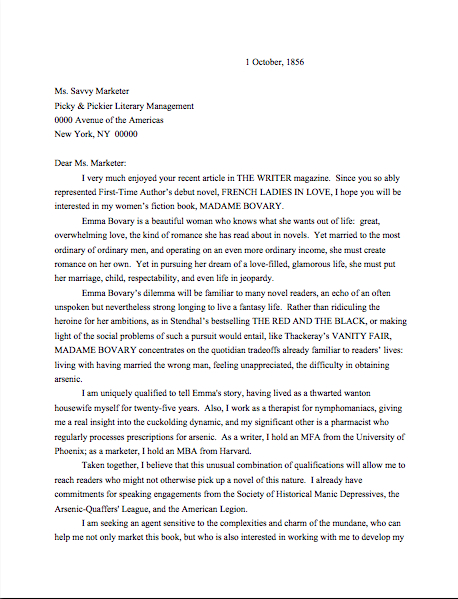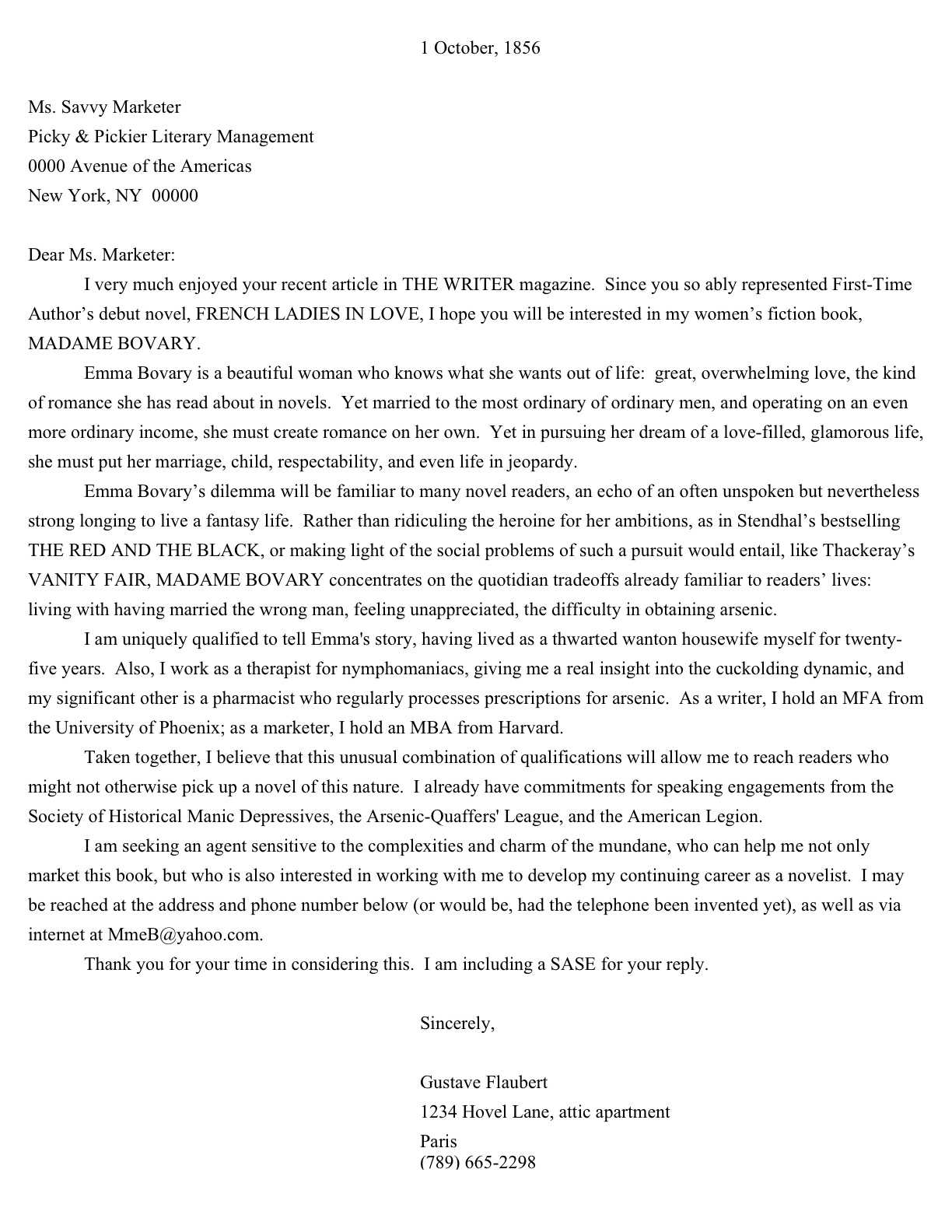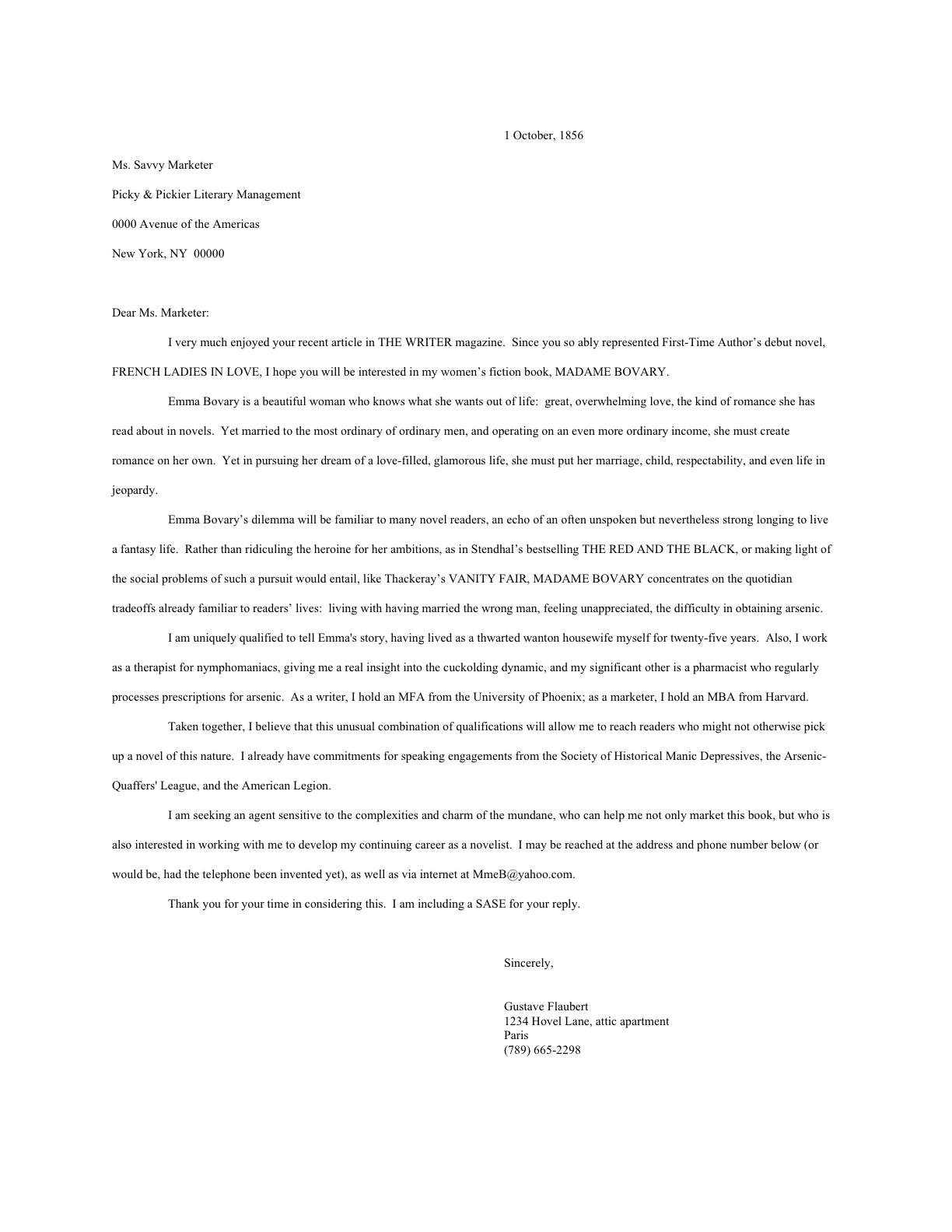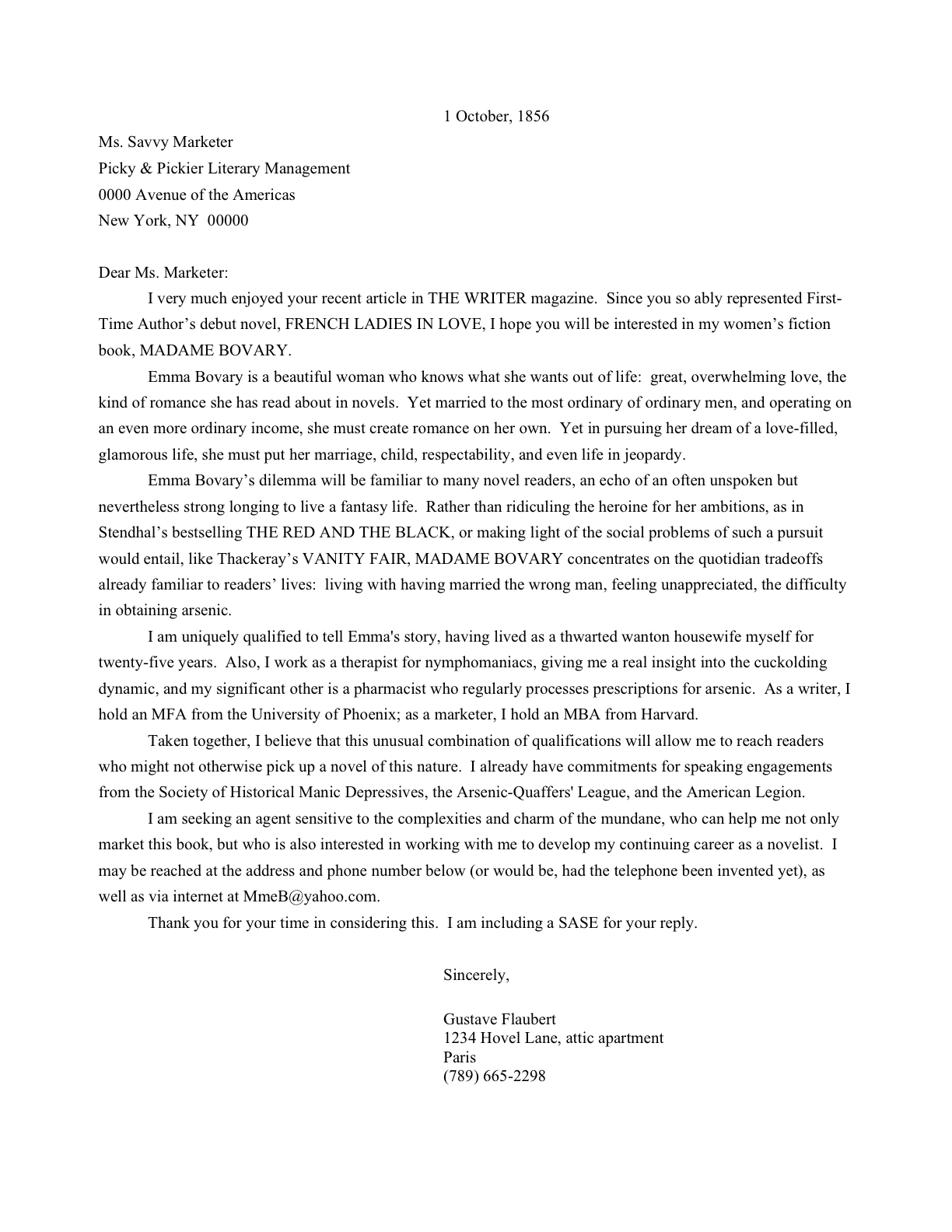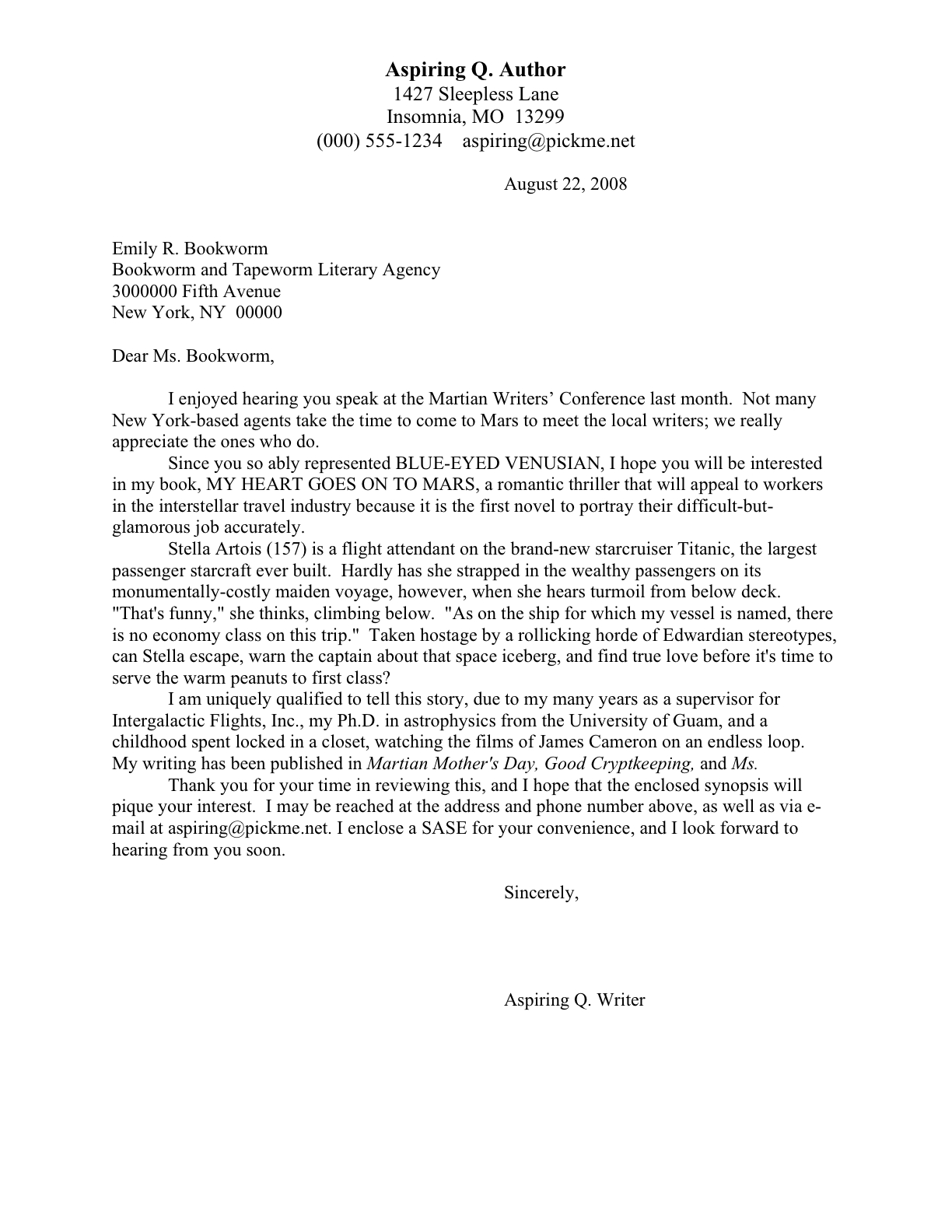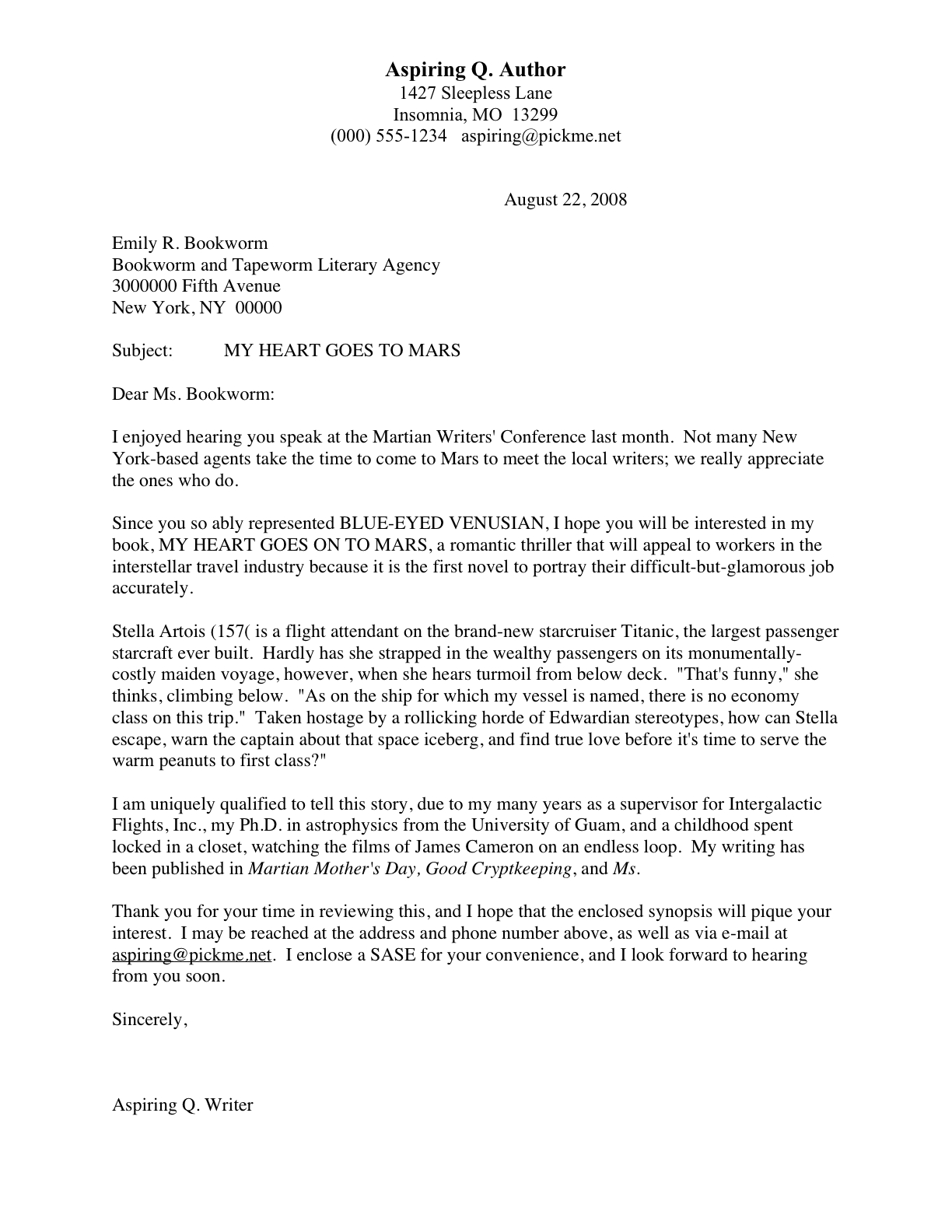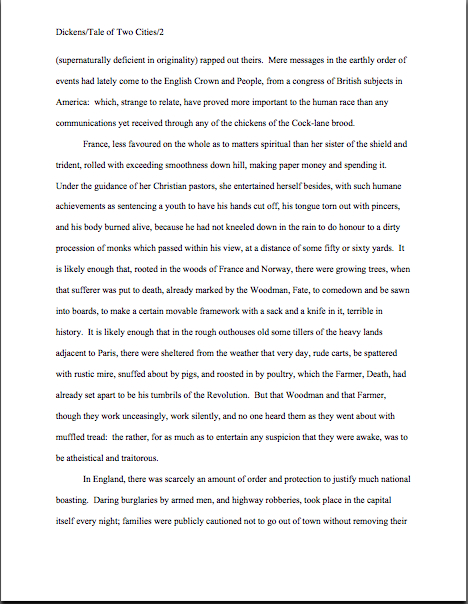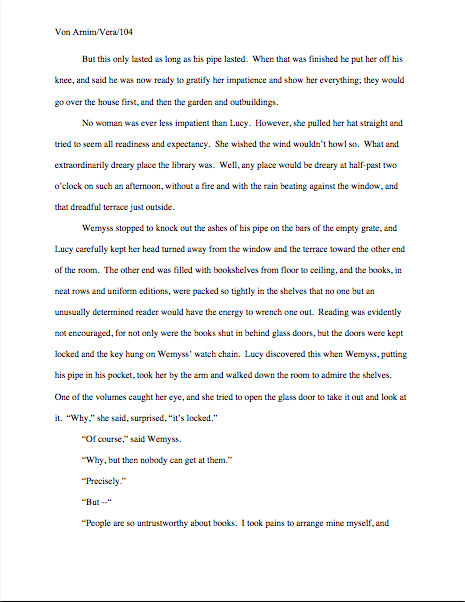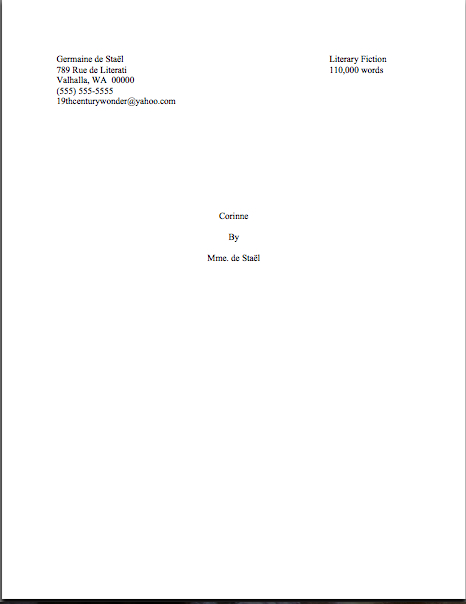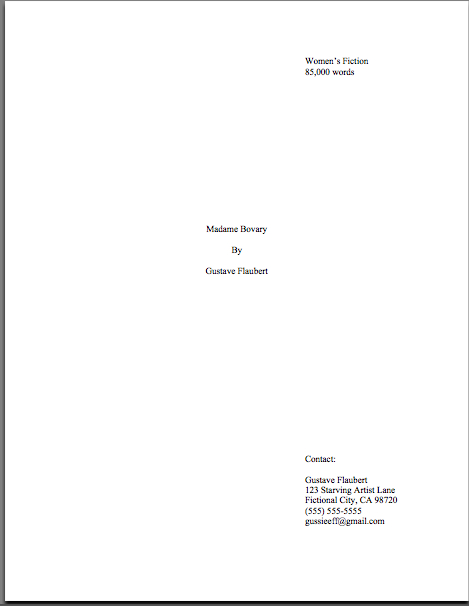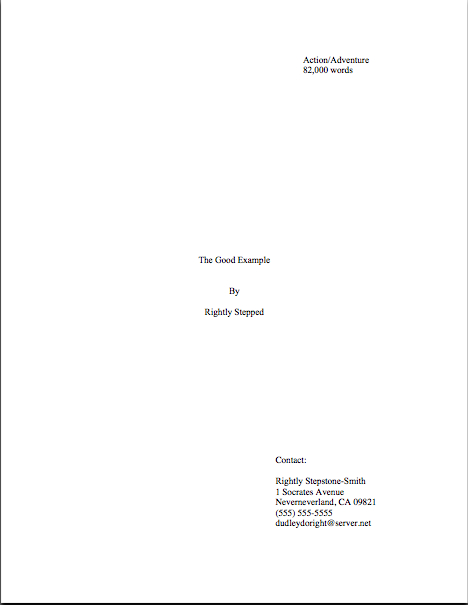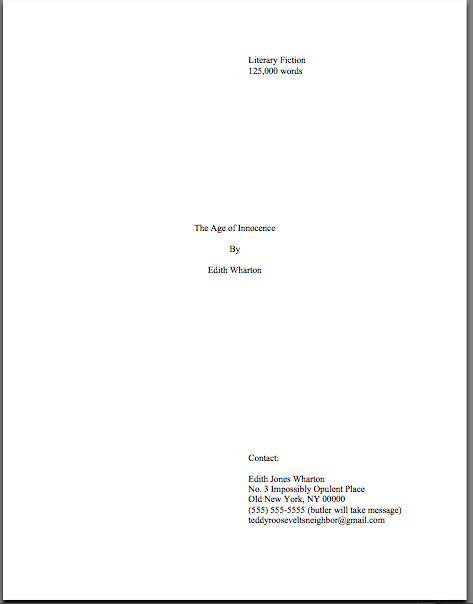Happy Labor Day weekend, everybody! This is one of my favorite three-day holidays because, of course, most U.S. workers wouldn’t have weekends at all were it not for organized labor spending decades pushing for a 5-day work week. Seems appropriate, somehow, that so many folks get a day off to commemorate that achievement — and to celebrate child labor laws, OSHA, and other Really Good Ideas that have made workplaces across the country safer for all. (Not to mention less Dickensian.)
I’m sorry to have skipped a couple of days of posting, because I know that, appropriately enough, many, many aspiring writers stateside use this particular long weekend to prepare their next barrages of query letters and submissions. I like to be checking in often during query-heavy periods, to answer readers’ last-minute questions. However, since Millicent and her cronies will be dragging into the office two days hence, only to be greeted by (in some cases) a month’s worth of queries and submissions, it’s probably not the world’s worst idea to hold off for a week or so before you mail yours off, if only to wait until Millie’s in a better mood.
Ask a writer to justify anything, and you’re likely to get a well-stuffed paragraph of response, eh?
Seriously, though, I’m glad to devote the week to come to diagnosing and treating some of the ailments from which query letters and SASEs commonly suffer. (Yes, believe it or not, queriers often misunderstand the proper function of the SASE or leave it out altogether.) I’d much, much rather spend an extra week on the topic than to have any of you kicking yourselves a month from now, wishing you’d queried differently.
Do I see some hands being thrown skyward out there? “But Anne,” I hear those of you with query letters on the point of being stuffed into already-addressed envelopes, “isn’t this a trifle redundant? After all, you’ve been talking for the last few posts about big problems to which query letters are prone, so aren’t you preaching to the choir here?”
You’ve got a point there, hand-flingers: I, too, would dearly like to believe that all of my bright, brilliant, talented, and undoubtedly gorgeous and civic-minded readers already know to avoid the major pitfalls. In fact, over the course of the last three years (can you believe I’ve been posting for that long?), all of us here at Author! Author! have worked pretty hard to produce that outcome.
Go, Team Literate!
I must confess, though, that I worry about the reader who found this blog only a week ago, my friends, as well as the one who started reading faithfully, say, last April. These fine folks have not yet lived through one of my troubleshooting series — and, hard as it may be to imagine, not everyone has the hours — or, at this point, days — to spare to troll my archives. (Helpful hint to those in a hurry: the HOW TO categories on the list at right contain the briefest sets of explanations of a number of basic writerly skills, like query-generating; lengthier, more detailed accounts lurk under other category headings.)
I’m not going over this material again only for the sake of new or archive-shy readers, however. Even if a writer’s been at it a while, it can be pretty hard to see the flaws in one’s own query letters — and for some reason I have never been able to fathom, even aspiring writers savvy enough to be routinely soliciting feedback on their manuscripts often guard their queries jealously from any human eyes other than Millicent the agency screener’s.
Whose peepers, as those of you who have been visiting this blog for a good long time are already aware, are not generally charitably-oriented. So please, even if you are a querying veteran, at least cast your eye over this list of common query turn-offs.
Why? Well, for most aspiring writers, it takes quite a bit of rejection to open their eyes to the possibility that their missives themselves might be problematic. Okay, out comes the broken record, because I honestly do think the misconceptions around rejection are harmful to good writers: unfortunately, writers all too often automatically assume that it’s the idea of the book being rejected, rather than a style-hampered querying letter or a limp synopsis.
But how is this possible, without a level of mental telepathy on the agency screener’s part that would positively stun the Amazing Kreskin?
Are the rejecting agents seeing past the initial packet to the book itself, decreeing from afar that the writing is not worth reading — and thus that the writer should not be writing? Do they have some sort of direct cosmic connection to the Muses that allows them to glance at the first three lines of a query and say, “Nope, this one was last in line when the talent was handed out. Sorry,” before they toss it into the rejection pile?
No, of course not. Only editors have that kind of direct telephone connection to the demi-gods.
Yet this particular fear leaps like a lion onto many fledgling writers, dragging them off the path to future efforts: it is the first cousin that dangerous, self-hating myth that afflicts too many writers, leading to despair, the notion that if one is REALLY talented, the first draft, the first query, and the first book will automatically traject one to stardom.
It never – well, almost never — turns out like that: writing is work, and what gets the vast majority of queries rejected is a lack of adherence to professional standards. Which can, my friends, be learned, as we’ve seen over the last few posts.
But what if you already have a query letter that meets all the technical criteria, and it’s still not getting the responses you want? Pull up your chairs close, boys and girls: it’s time for the master class on querying.
Today, we’re going to begin to learn the fine art of diagnosis.
Word to the wise: even if you have already run your query through the wringer of my last set of diagnostic posts, you might want to cast your eye over these as well. Because the querying market is tighter than it was the last time I visited this issue — read: it’s as competitive now as it has been in my lifetime, and I’m not nearly so young as I look — I have beefed up the questions this time around. If you have already gone over your letter with an eye to my earlier advice, you should be able to sail through most of these questions; if not, you may have a few surprises in store.
Before you begin to feel for your submission’s pulse, read over everything in your query packet IN HARD COPY and OUT LOUD: your query letter, synopsis, and, if you’ve been submitting it, first chapter. Better still, read them over AND have someone you trust read it over as well, checking for logical holes and grammatical problems. The best choice for this is another writer, ideally one who has successfully traversed the perils of the agent-finding ravine.
Let’s slap another broken record on the turntable: as much as you may love your mother, your spouse, and your best friend, they are, generally speaking not the best judges of your writing. Look to them for support and encouragement, not for technical feedback. Find someone whose opinion you trust – such as, say, a great writer you met at a conference, or the person in your writing group who keeps being asked to send sample chapters – and blandish her into giving your query letter and synopsis a solid reading.
(Lest you think I am casting unwarranted aspersions upon your mother, your spouse, or your best friend, let me add that my own fabulous mother spent her twenties editing the work of Philip K. Dick and others; fifty years later, she is one of the best line editors I have ever seen, in my professional opinion, but as she is my mother, I would never dream of using her as my only, or indeed even my primary feedback source. Naturally, that doesn’t stop her from line editing while she reads my work, as I do for hers — years of professional editing causes a particular type of myopia that prevents one from ever reading again without brandishing a vicious pen that attacks margins with the intensity a charging rhinoceros — but I respect my work enough to want first reader feedback from someone who was NOT there when I took my first toddling steps.)
Make sure that you read all of the constituent parts of your submissions in hard copy, not just on a computer screen. Proofreading is far easier – and more likely to be accurate — in hard copy. And I’m quite serious about treating this a final flight-check: don’t leave rooting out the proofreading and logic problems until the last minute, because it’s too easy to skip them when you’re in a hurry..
Once you have cleared out any grammatical or spelling problems and made sure your submission pieces say what you thought they were saying (you’d be surprised how many don’t), sit down with yourself and/or that trusted first reader and ask yourself the following questions.
Ready, campers? Let’s proceed.
(1) Is my query letter longer than a single page in standard correspondence format?
I covered this earlier in this series, but it bears repeating: even e-mailed queries longer than a page are seldom read in their entirety. I know it’s hard to cram everything you want to say to promote your work into a single page, but it’s just not worth it to go longer.
And please, for your own sake, don’t take the common escape route of shrinking the margins or the typeface; trust me, any screener, agent, editor, or contest judge with even a few weeks’ worth of experience can tell. (For a quick, visually-aid-assited run-down on why their being able to tell is bad news for the querier who does it, please see my last post.)
For those of you unclear on the difference between correspondence format and business format (or, to put it another way, those who are coming upon this checklist in my archives, rather than reading it as today’s post), please see my earlier post on the subject.
(2) If my query letter just refuses to be shorter, am I trying to do too much here?
Specifically, is your query trying to do more than get the agent to ask to see the manuscript?
Is it perhaps trying to convince the agent (or the screener) that this is a terrific book, or maybe including the plot, rather than the premise? Is it reviewing the book, rather than describing it? Is it begging for attention, rather than presenting the book professionally? Is it trying to suit the tastes of every agent to whom you might conceivably send it, rather than the one to whom it is currently addressed?
All of these are extremely common ways in which query letters over-reach. Don’t try to cram a half an hour’s worth of conversation about your book into a scant page; just present the information necessary to interest an agent in your manuscript, then STOP.
(3) If my query letter is too long, am I spending too many lines of text describing the plot?
The attempt to force the query to serve the purpose of the synopsis or book proposal is, of course, the most common letter-extender of them all. All too often, the plot or argument description overflows its alloted single paragraph so dramatically that other necessary features of the query letter — why the querier has selected THIS agent and no other, the intended readership, the book category — get tossed overboard in a desperate attempt to keep the whole to a single page.
The simplest fix for this, in most instances, is to reduce the length of the descriptive paragraph. Remember, your job here is not to summarize the book (that’s what the synopsis is for), but to pique enough interest to generate a request for pages. Keep it brief.
How brief? Well, let’s just say that if you can’t say the first two paragraphs of your query letter — the ones where you say why you are approaching that particular agent, the book category, and the premise — in under 30 seconds of normal speech, you might want to take a gander at the ELEVATOR SPEECH category at right.
(4) Is my query letter polite?
You’d be amazed at how often writers use the query letter as a forum for blaming the agent addressed for prevailing conditions in the publishing industry, up to and including how difficult it is to land an agent. But Millicent and her ilk did not create the ambient conditions for writers; treating them as though they did merely betrays a lack of familiarity with how the industry actually works.
And even if they had plotted in dark, smoke-filled rooms about how best to make writers’ lives more difficult, pointing it out either explicitly or implicitly would not not the best way to win friends and influence people. In my experience, lecturing a virtual stranger on how mean agents are is NOT the best tack to take when trying to make a new friend who happens to be an agent, any more than cracking out your best set of lawyer jokes would be at a bar association meeting.
I know — shocking.
I’ve seen some real lulus turn up in query letters. My personal favorite began, “Since you agents have set yourself up as the guardians of the gates of the publishing world, I suppose I need to appeal to you first…”
A close second: “I know that challenging books seldom get published these days, but I’m hoping you’ll be smart enough to see that mine…”
Remember, even if you met an agent at a conference (or via a recommendation from a client; I’ll be talking a bit about that next week) and got along with him as though you’d known each other since nursery school, a query is a business letter. Be cordial, but do not presume that it is okay to be overly familiar.
Demonstrate that you are a professional writer who understands that the buying and selling of books is a serious business. After hours staring at query letters filled with typos and blame, professional presentation comes as a positive relief.
Speaking of which…
(5) Is it clear from the first paragraph on what precisely I am asking the agent to represent?
This may seem like a silly question, but you wouldn’t believe how many otherwise well-written query letters don’t even specify whether the book in question is fiction or nonfiction. Or, as I mentioned earlier in this series, the book category. Or even, believe it or not, the title.
Why is it so VERY important to make absolutely certain that this information is clearly presented in the first paragraph? Because, as I mentioned last week, the vast majority of queries are not read in their entirety before being rejected.
Or, to put it another way: the first paragraph of your query is one of the very few situations in the writing world where you need to TELL, as well as show. If your first paragraph doesn’t tell Millicent either that the book in question is in fact the kind of book her boss is looking to represent or another very good reason to query her (having spoken to her at a conference, having heard her speak at same, because she so ably represented Book X, etc.), she is very, very likely to shove it into the rejection pile without reading any farther.
“But Anne,” I hear the more prolific of you protest, “I write in a number of different book categories, and I’m looking for an agent to represent all of my work, not just some of it. But won’t it be confusing if I list all of my areas of interest in the first paragraph of my query?”
In a word, yes — and generally speaking, it’s better strategy to query one book at a time, for precisely that reason. If you like (and you should like, if you have a publication history in another book category), you may mention the other titles later in your query letter, down in the paragraph where you will be talking about your writing credentials.
But in the first paragraph, no. Do you really want to run the risk of confusing Millicent?
(6) Does my letter sound as though I am excited about this book, or as if I have little confidence in the work? Or does it read as though I’m apologizing for querying at all?
We all know that writing query letters is no one’s idea of a good time. Well, maybe a few masochists enjoy it (if they’re really lucky, maybe they can give themselves a paper cut while they’re at it), but the vast majority of writers hate it, hate it, hate it.
Which, unfortunately, can translate on the page into sounding apprehensive, unenthusiastic, or just plain tired. Understandable, absolutely, but not the best way to pitch your work.
A query is not the place to express querying fatigue. Try to sound as upbeat in your seventeenth query letter as in your first. No need to sound like a Mouseketeer on speed, of course, but try not to sound discouraged, either.
While it is a nice touch to thank the agent at the end of the query for taking the time to consider your work, doing so in the first paragraph of the letter and/or repeatedly in the body can come across as a tad obsequious. Begging tends not to be helpful in this situation.
Remember, reading your query is the agent’s (or, more likely, the agent’s assistant’s) JOB, not a personal favor to you. No, no matter HOW long you’ve been shopping your book around.
By the way, if you have already pitched to an agent at a conference and she asked you to send materials, you do not need to query that same agent to ask permission to send them, unless she specifically said, “Okay, query me.” Many conference-goers seem to be confused on this point. In-person pitching is a substitute for querying, not merely an expensive extension of it.
And yes, this remains true even if many months have passed since that pitch session: if it’s been less than a year since an agent requested pages, there is absolutely no need to query, call, or e-mail to confirm that she still wants to see them. (If it’s been longer, do.) To the pros, being asked over and over again whether they REALLY meant that request is puzzling and, if it happens frequently, annoying.
(7) Does my book come across as genuinely marketable, or does the letter read as though I’m boasting?
In my many, many years of hanging out with publishing types, I have literally never met an agent who could not, if asked (and often if not), launch into a medley of annoyingly pushy, self-aggrandizing query letter openings he’s received. As I mentioned earlier in this series, they’ve already seen a lifetime’s supply of, “This is the greatest work ever written!”, “My book is the next bestseller!”, and “Don’t miss your opportunity to represent this book!”
Trust me, they don’t want to hear it again. Ever. (And if that’s news to you, please see my most recent post on the subject.)
So how do you make your work sound marketable? By identifying the target market clearly, and demonstrating (with statistics, if you can) both how large it is and why your book will appeal to that particular demographic.
Why, that sounds familiar, doesn’t it? Why, it’s almost as though I had been thinking ahead.
Perhaps that’s because figuring out how to identify your book’s target market and a few reasons that your book would appeal to that demographic were exercises we did earlier in the summer. (If you missed that part of the Book Marketing 101 series, I have carefully hidden the relevant posts under the obscure monikers IDENTIFYING YOUR TARGET MARKET and YOUR BOOK’S SELLING POINTS in the category list at right.)
Which means that all of you out there who have been following this series the whole time should give yourselves a big ol’ pat on the back: you’ve spent the summer assembling a serious writer’s bag of marketing tools, a collection that will, I hope, serve you well throughout the rest of your writing life. Learning to figure out a book’s ideal readership, how to identify a selling point, coming to describe a book in the manner the industry best understands — these are all skills that transcend the agent-finding stage of a writer’s career.
So well done, everybody. Tomorrow, I shall move on with the red flag checklist. In the meantime, keep up the good work!


